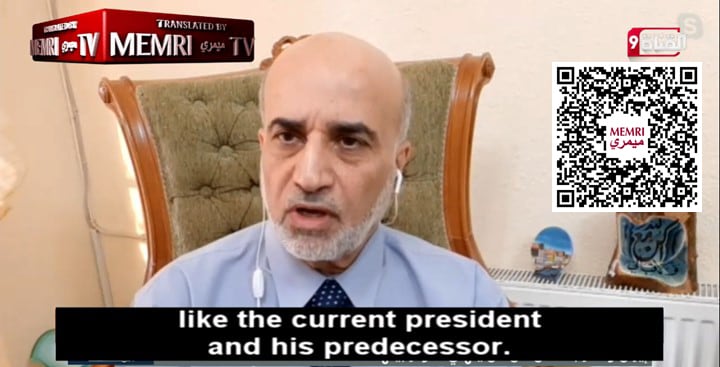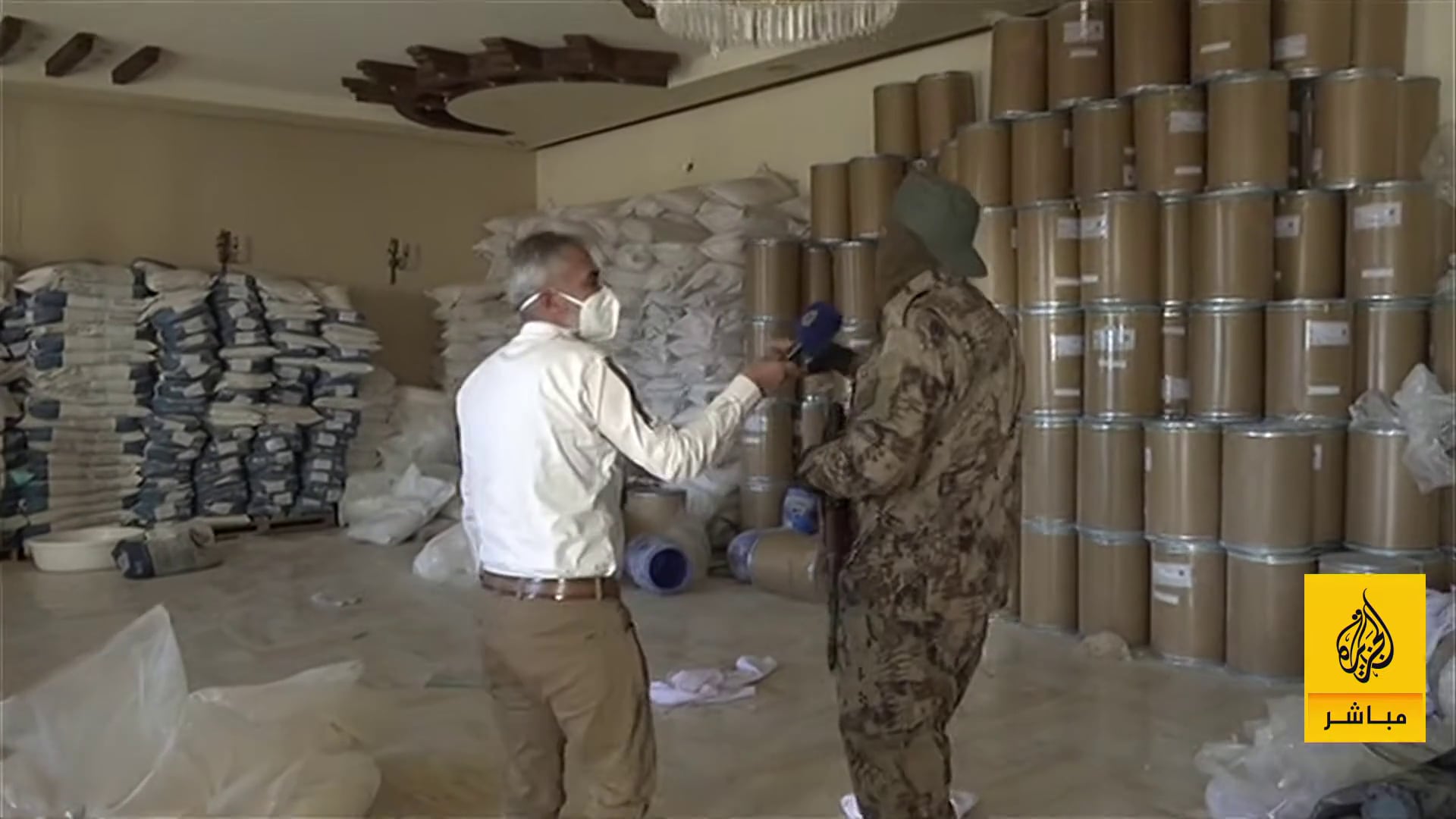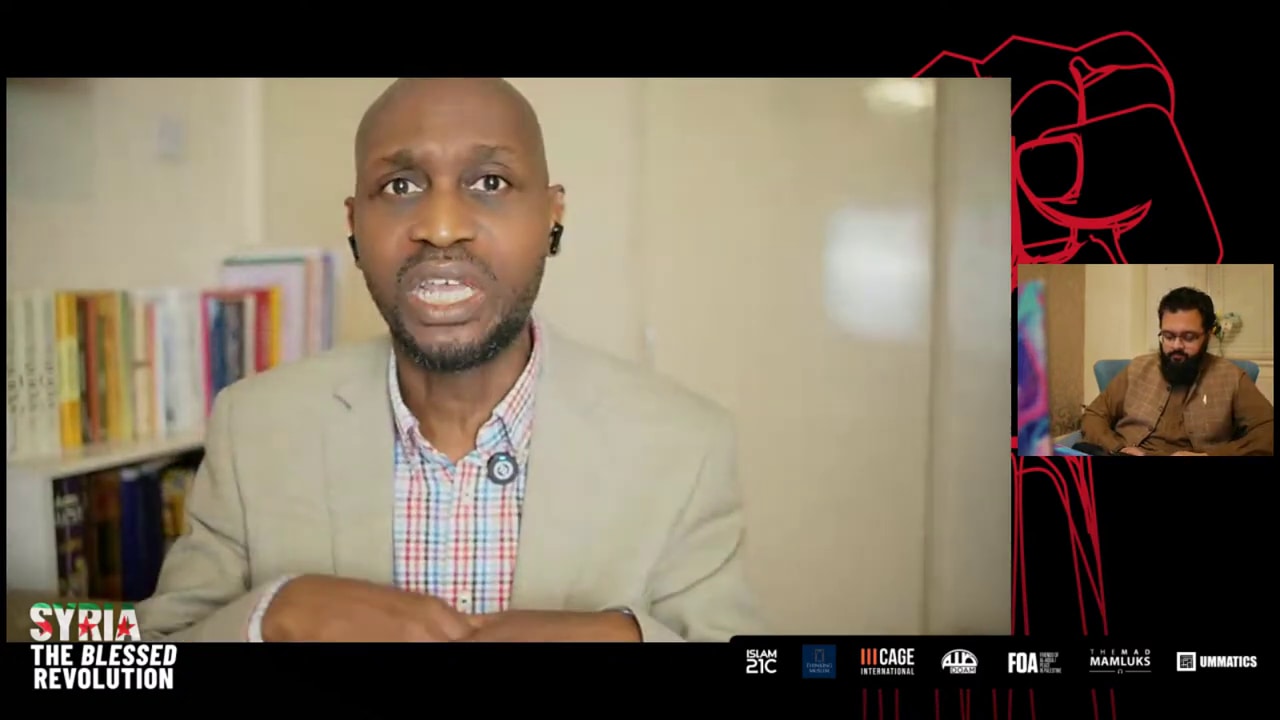
In a September 18, 2022 interview with the Turkey-based Muslim Brotherhood-affiliated Arabic-language Channel 9, former Jordanian Ambassador to Iran Bassam Al-Omoush said that people initially believed that Iran's Islamic Revolution was about Islam, but that over time it became apparent that it is about building a Persian empire and dividing the Muslims. He also criticized the Iranian mullahs and the Iranian Supreme Leader. For more about Bassam Al-Omoush, who is also a former Jordanian cabinet member, see MEMRI TV Clips Nos. 6301 and 4666.
Bassam Al-Omoush: "The rise of Khomeini in Iran was like a deception, at first. It was presented as serving Islam, and this is why Muslims across the world were happy. They were happy that Islam has returned, and did not care whether it was done by Iran or by any other country.



"However, they later discovered that this was really about a Persian empire, and about dividing the Muslims. The empathy for this revolution died down after a year or two, especially after Khomeini declared the exportation of the revolution.


[...]
"This [Iranian] regime is founded on ethnic racism. From time to time, we witness a discussion on whether the Gulf should be referred to as an 'Arab Gulf' or a 'Persian Gulf.' If [Iran] was really an Islamic country, this would not matter to it. I said to [Mehdi] Karroubi, who was the Speaker of the Iranian Shura Council [sic]: 'Let's just call it 'Islamic Gulf' instead of Arab or Persian Gulf.' He said that this idea had never crossed his mind, although I think it did. [Mahmoud] Ahmadinejad once said that people who talk about the 'Arab Gulf' should have their tongues cut out.



[...]
"In the regime of the Rule of Jurisprudent, these mullahs divide their roles.

"Some smile while they harm you 'under the table,' while others bare their teeth, out in the open, like the current president and his predecessor.



"[President] Khatami appeared as a nice man with a nice smile, but the policy remained the same. Nothing changed."


Interviewer: "You mean Mohammad Khatami, former Iranian Minister of Culture, and President."
Al-Omoush: "Yes. His conduct was respectable, and so were the words he used, but he did not own Iran. Iran is owned by the Supreme Leader. The president could say something and the Supreme Leader would overrule him. They divide the roles but share the goal. They dream of a Persian empire, but of course, time never moves backwards."













